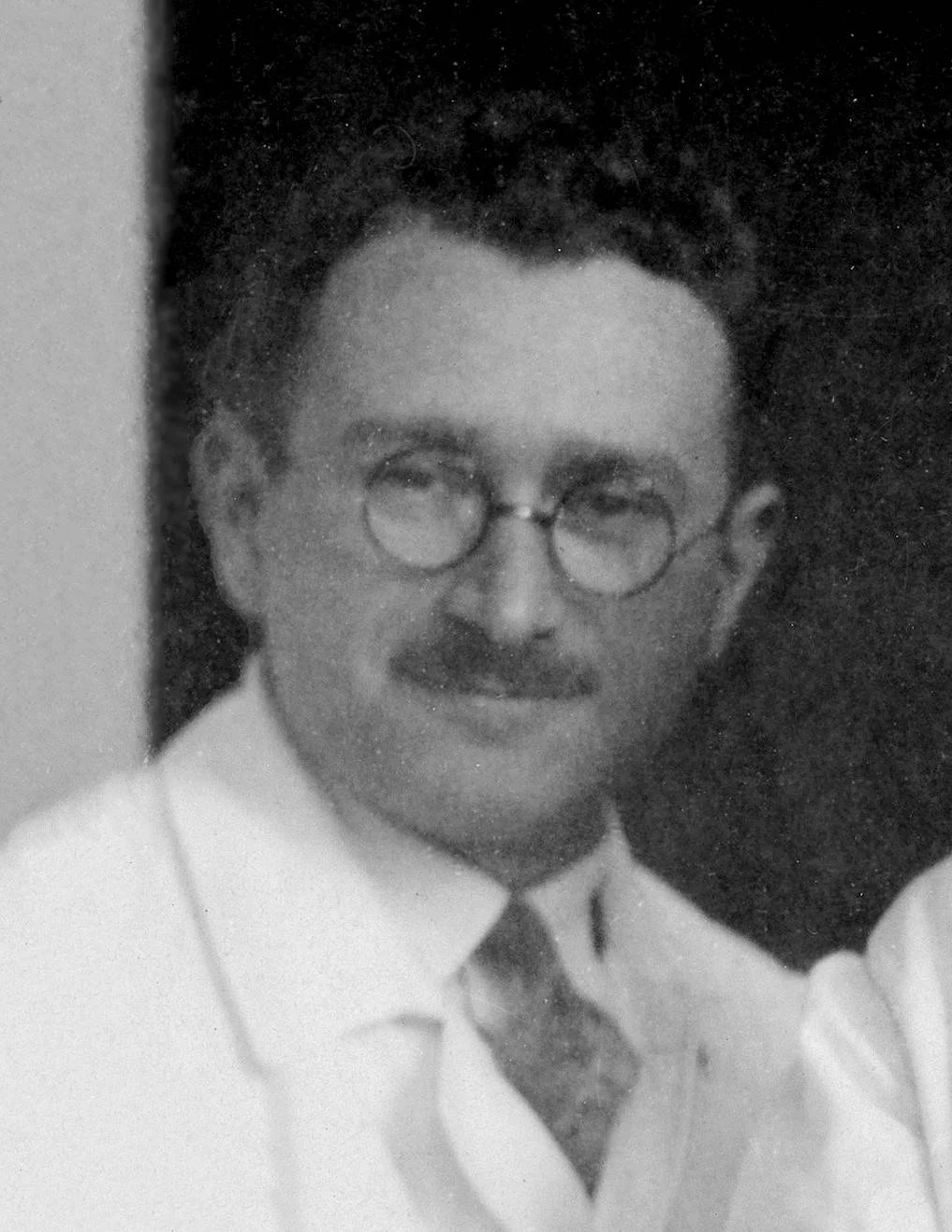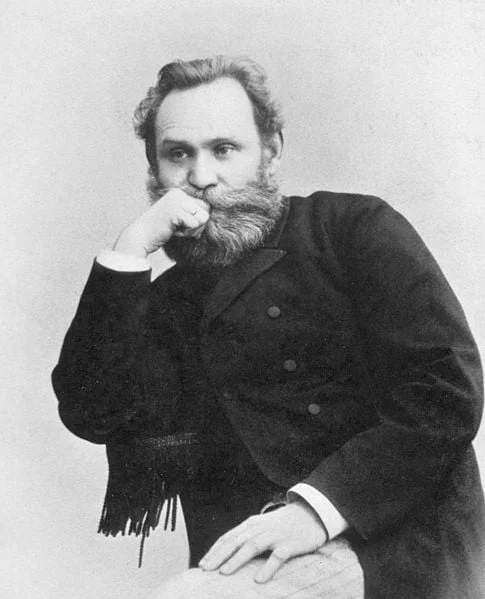Real Celebrities Never Die!
OR
Search For Past Celebrities Whose Birthday You Share

source: wikipedia.org
Ludwig Guttmann
Birthday:
03 Jul, 1899
Date of Death:
18 Mar, 1980
Cause of death:
Heart attack
Nationality:
British, German
Famous As:
Neurologist
Age at the time of death:
80
Ludwig Guttmann's Quote's
Early Life and Education
Ludwig Guttmann was a German-born British neurologist who is widely regarded as the father of the Paralympic movement. Born in 1899 in Tost, Upper Silesia, then part of Germany, Guttmann studied medicine at the University of Breslau. His interest in neurology and neurosurgery deepened during his studies, leading him to obtain his MD degree in 1924. He had the privilege of working with Professor Otfrid Foerster, one of Europe’s leading neurologists, until 1928.
Career in Germany and Exile to England
In 1928, Guttmann was invited to establish a neurosurgical unit in Hamburg but returned to Breslau at Foerster’s request to serve as his first assistant. He worked as a neurologist at the Jewish Hospital in Breslau until 1933, when the Nazi regime banned him from treating non-Jewish patients. In 1939, with the assistance of the Council for Assisting Refugee Academics (CARA), Guttmann escaped to England as the political situation worsened.
Work in England and Spinal Injury Research
Once in England, Guttmann continued his research on spinal cord injuries at the Radcliffe Infirmary in Oxford. During World War II, the British government foresaw an increase in paralyzed servicemen and established a specialized spinal ward. Guttmann was appointed Director of the newly founded National Spinal Injuries Centre at Stoke Mandeville Hospital in Buckinghamshire. There, he revolutionized spinal cord injury treatment by adopting a holistic approach, addressing not only the physical, but also the psychological and social aspects of rehabilitation.
Introduction of Sports as Rehabilitation
Guttmann encouraged his patients at Stoke Mandeville to participate in sports as a means of improving both health and self-esteem. The patients initially engaged in physical activities like wheelchair polo, hockey, and archery. This marked a significant shift in rehabilitation strategies, as it combined physical recovery with the development of social skills and self-confidence.
The First Stoke Mandeville Games
In 1948, Guttmann organized the first Stoke Mandeville Games, a competition featuring 16 injured servicemen and women in archery. Held on the same day as the opening ceremony of the 1948 London Olympics, the event was intended to be repeated every four years in parallel with the Olympic Games. This event laid the groundwork for future international competitions for people with disabilities.
The Birth of the Paralympic Games
Guttmann’s vision of creating an international sports competition for disabled athletes came to fruition in 1960 with the first official Paralympic Games in Rome. This event attracted 400 athletes from 23 countries and established the foundation for the global Paralympic movement. Financial constraints occasionally caused adjustments, such as holding the 1968 Games in Tel Aviv instead of Mexico City, but by 1976, the Games officially adopted the title “Paralympic Games.”
Legacy and Death
Ludwig Guttmann’s innovative approaches to rehabilitation and his vision for disabled sports changed the landscape of treatment and inclusivity for people with disabilities. He passed away in 1980 in Aylesbury, Buckinghamshire, at the age of 80, leaving a lasting legacy as the pioneer behind the Paralympic movement.
Name:
Ludwig Guttmann
Popular Name:
Ludwig Guttmann
Gender:
Male
Cause of Death:
Heart attack
Spouse:
Place of Birth:
Tost, Prussia, German Empire (now Toszek, Poland)
Place of Death:
Aylesbury, Buckinghamshire, United Kingdom
Occupation / Profession:
Personality Type
Architect: Ludwig Guttmann deeply cared about his patients and their well being which led him to create the Paralympic Games.
Guttmann pioneered rehabilitation for spinal cord injury patients.
Guttmann's work significantly improved the quality of life for disabled individuals.
He introduced sports as a means of therapy and rehabilitation.
Ludwig Guttmann is known as the founder of the Paralympic Games.
The first Stoke Mandeville Games, precursor to the Paralympics, took place in 1948.
He was awarded the Fellow of the Royal Society.
Ludwig Guttman established the Stoke Mandeville Games which later became the Paralympic Games.


